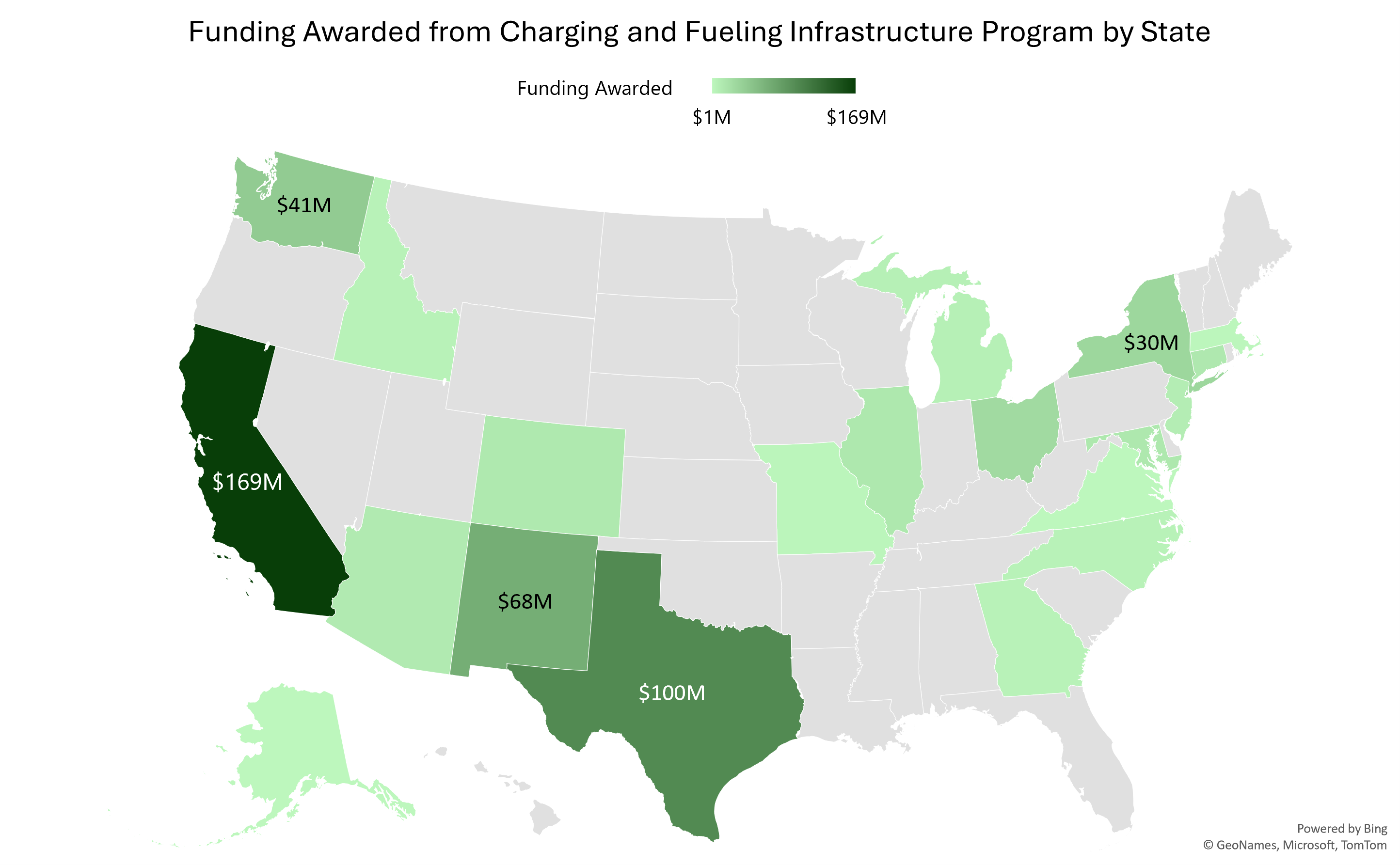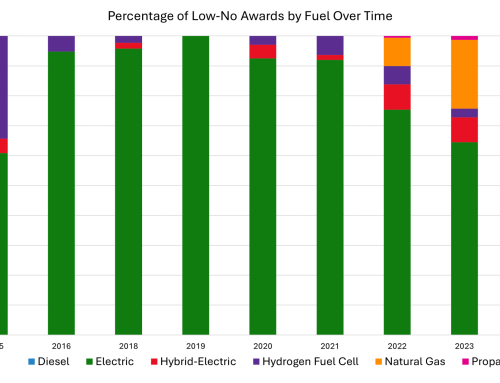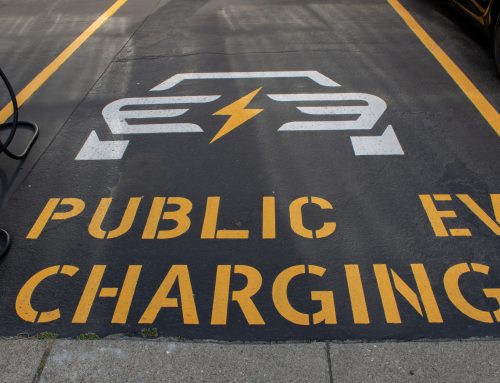
2024 is off with a bang.
Last week, the Biden administration announced a hefty $623 million award package as part of the Charging and Fueling Infrastructure (CFI) Discretionary Grant Program. To recap, the CFI program funnels $2.5 billion of funding from the Infrastructure Investment and Jobs Act over five years to build out charging infrastructure across two tracks: community charging and corridor charging. Community charging grants prioritize underserved, rural, and low-income communities, and corridor charging grants prioritize fueling infrastructure alongside alternative fuel corridors (AFCs).
Funding from CFI is valuable because it allows states and localities to fill in necessary charging gaps as we build out a nationwide electric vehicle (EV) charging network. While the National Electric Vehicle Infrastructure (NEVI) program prioritizes EV charger buildout alongside highway corridors, CFI allocates funding for chargers to be installed in critical areas, including in underserved communities and regions with a lot of multi-family housing.
This initial funding round will support 47 charging and fueling infrastructure projects in 22 states and Puerto Rico, as well as two Tribes, and facilitate the construction of 7,500 EV charging ports. Additionally, 70 percent of the funding will support charging and fueling projects in disadvantaged communities. Approximately $310 million in funding has been granted to 36 “community” projects, including two Arizona Tribes, compared to $312 million for 11 “corridor” projects. Two of the largest EV markets, California and Texas, were awarded $169 million and $100 million respectively – making up 43 percent of the total funds awarded across all states.
Unlike NEVI, the CFI program can fund a wide range of charging and fueling projects, including hydrogen and other alternative fuels. During this first round, 84 percent of the funding, or $524 million, was awarded to EV charging projects. The remaining 16 percent of the funding went to hydrogen fueling projects.
Moreover, nearly $252 million was awarded to projects that support medium- and heavy-duty (MDHD) vehicles, including the two largest single awards. First, the North Central Texas Council of Governments (NCTCG) received the largest funding award from this year’s funding round at $70 million. NCTCG will build five hydrogen fueling stations and create a hydrogen refueling network for MDHD freight trucks traveling through the Texas Triangle, which includes Dallas-Fort Worth, Houston, Austin and San Antonio. Second, the New Mexico Department of Transportation, in partnership with Terawatt Infrastructure, was awarded the largest EV charging award at nearly $63 million to build two EV charging centers for MDHD commercial electric vehicles traveling along Interstate 10 – the nation’s first electric MDHD corridor from California to Texas.
On the other side of the spectrum, the city of Mesa, Arizona, received nearly $12 million to support multi-modal electric transportation. The “City of Mesa Electric Mobility Charging Hub Network” will install 48 electric vehicle charging ports, charging docks for e-bikes and e-scooters, and solar canopies to support electricity generation at the stations. This project will increase the number of chargers in disadvantaged communities in Mesa by 167 percent.
The diverse set of projects awarded under the first round of funding emphasizes the versatility of the CFI program to address common EV charging voids, including in rural, tribal, and underserved communities. CFI will have acritical role to play over the next few years ensuring the accessibility of clean transportation.


